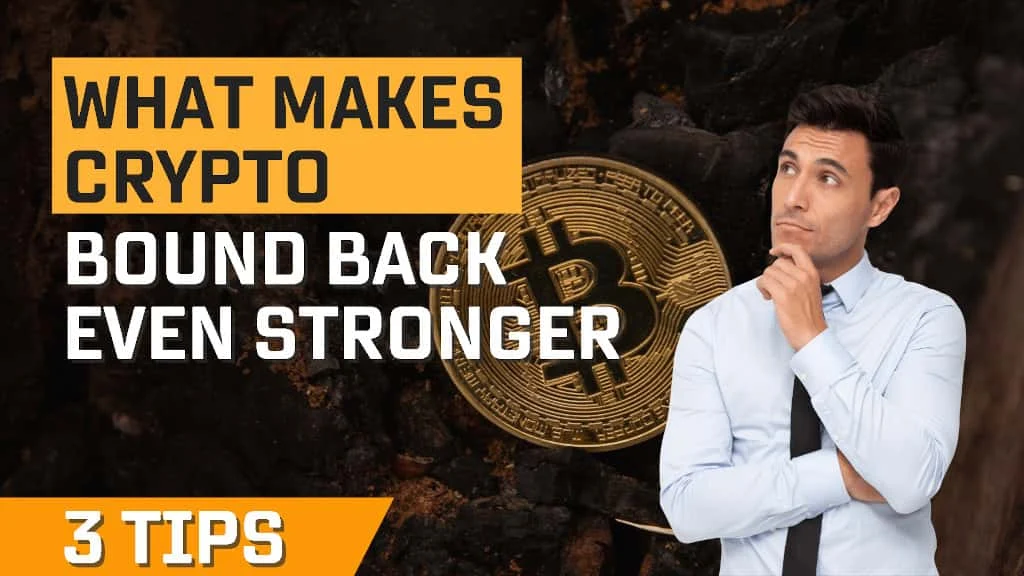What makes crypto bound back even stronger?
Crypto has foreseen many trips and traps but has eventually evolved as a winner. In fact, you should understand the differences.- Article authored by Kunal Chowdhury on .
Crypto has foreseen many trips and traps but has eventually evolved as a winner. In fact, you should understand the differences.- Article authored by Kunal Chowdhury on .
Multiverse virtual currencies are a new form of payment that allows you to buy and sell goods in different universes. These currencies are created through an algorithm based on real-world currency. We live in a world where everything is virtual.
From the clothes we wear to the food we eat, our entire lives are designed to be consumed and experienced through technology. Virtual worlds have been around for decades but have only recently become a household name.

Some popular virtual worlds include Second Life and World of Warcraft (WoW). In WoW, players can play games or work together to earn money to buy new items for their characters. These games are not limited by geography - people from all over the world can participate and interact in real time!
Thus, crypto has foreseen many trips and traps but has eventually evolved as a winner. In fact, you should understand the difference between bitcoin and yuan as your guide to becoming a crypto trader.
Virtual currencies are not just online currencies, and they are an online economy. Virtual worlds have been around for a long time and have a lot of advantages that traditional currencies do not have. They can be used in many ways like buying and selling goods, paying for services, playing games, or even donating to charities.
Virtual currencies are also safe because they don't involve real money. The first step to gathering information on multiverse virtual currencies is understanding the working of virtual currencies. This can be done by studying the history of the currency and its rise and fall, and its current status in the market.
Virtual currencies work as a substitute for real money. The value of a virtual currency is determined by supply and demand, which means that if more people want it, its value will rise; if fewer people like it, its value will fall.
A good example is Bitcoin - when it was first introduced, its price was $0.003; today, it's worth over $10 000 per coin! The second step is analyzing the working of virtual currencies by evaluating their popularity among users. You should also assess how many people are using it as a means of payment or investment.
Virtual currencies are digital or electronic money that can be used for purchasing goods or services within a given virtual community, such as Second Life or WoW. There are two types of virtual currencies: tokenized currencies and non-tokenized currencies (e.g., Linden Dollars).
There have been many ups and downs with virtual currencies over time due to changes in technology or legislation surrounding them; however, these changes have had little effect on their popularity as people continue using them as an alternative form of payment.
The third step is evaluating whether there are any benefits or risks associated with using multiverse virtual currencies compared to traditional methods like traditional banking systems. You will also need to evaluate whether there are any advantages over using conventional currency systems like credit cards or debit cards because they are safer than other payment methods such as cash transactions since they offer more protection against fraud attacks from hackers who try to steal money from your accounts using malware infections on your computer systems which can result in identity theft if left unchecked for long enough periods without being protected by antivirus software installed on your computers.
Virtual currencies are used not only for buying stuff but also as a medium of exchange in the virtual world. The main reason why people use them is that they are safe, fast, and easy to carry with you all over your life. You can convert them into real money once you have enough experience.
People use these currencies to buy houses, cars, and other assets that they need every day. The value of these currencies also depends on how people use them, i.e., if there is more demand for them, then their price will go up, and vice versa; if there is less demand or no one wants to buy, then prices will fall by 70% or 90% at least!
Thank you for visiting our website!
We value your engagement and would love to hear your thoughts. Don't forget to leave a comment below to share your feedback, opinions, or questions.
We believe in fostering an interactive and inclusive community, and your comments play a crucial role in creating that environment.